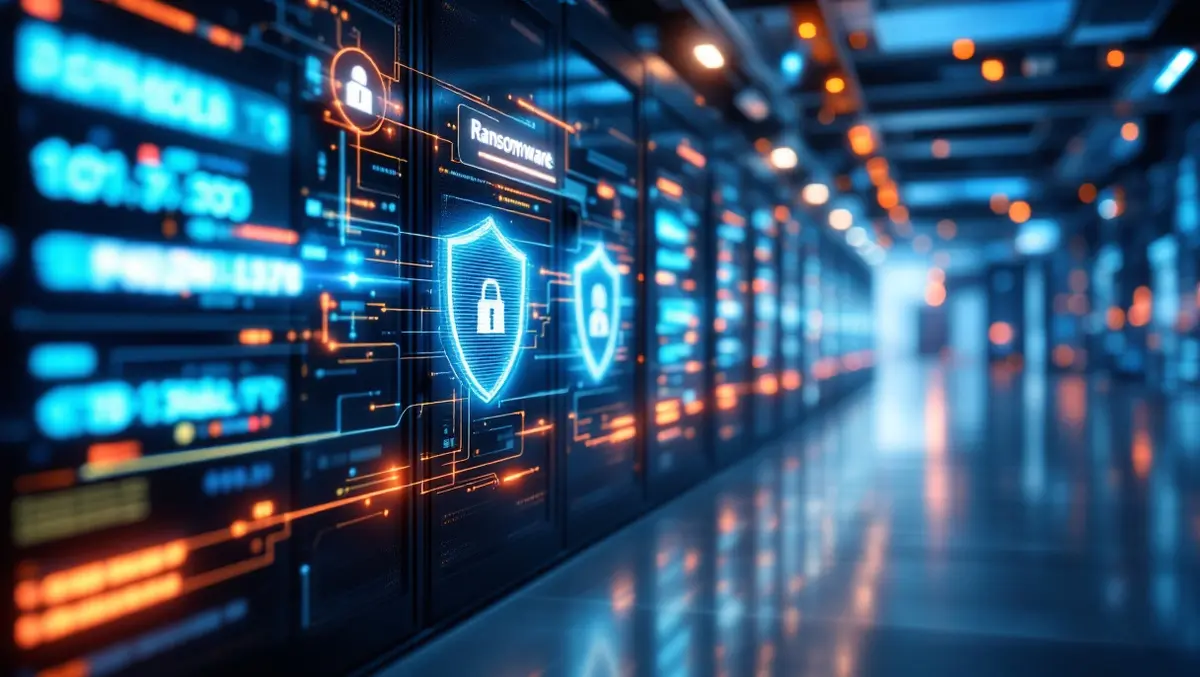
Hitachi Vantara unveils VSP One with AI ransomware defence
Hitachi Vantara has introduced new features for its Virtual Storage Platform One (VSP One) to address the challenges posed by increasingly sophisticated ransomware attacks.
The company's latest release incorporates Hitachi VSP Ransomware Detection powered by Index Engines' CyberSense, which is designed to identify data corruption at an early stage, isolate threats, and assist IT teams in locating the last known clean backup for rapid, reliable recovery.
Hitachi Vantara's integration of CyberSense into its VSP One provides security, risk reduction, and potential cost savings for enterprises. The company states CyberSense offers a 99.99% service level agreement in data corruption detection. This allows organisations to detect ransomware deep in backup data, beyond the capabilities of traditional scanning tools, and quickly identify both compromised files and the last clean versions of data.
The integration aims to help enterprises move from a reactive to a resilient posture, supporting a modern approach to cyber recovery that addresses current threat realities. According to Hitachi Vantara, the system is intended to protect storage environments by reducing the impact radius of ransomware, detecting corruption rapidly, isolating compromised information, and preventing the spread of malware to backup or disaster recovery systems.
The company highlights the combination of Hitachi VSP storage infrastructure and CyberSense's analytical and recovery features as a significant support for organisations facing ransomware threats. Delivered as a software plugin, the solution integrates with existing IT infrastructure using familiar management tools such as VSP Admin, CLI, and Ansible, allowing for implementation without major system changes or operational disruptions.
The new capabilities offer a user interface with rapid alerts and dashboards, validation of data snapshots, and automated detection of corruption. IT teams are able to identify precisely which data snapshots are clean, reducing uncertainty in recovery workflows.
Hitachi Vantara outlines measurable benefits for customers, including an estimated 95% reduction in potential downtime, around 20% reduction in total cost of ownership, minimal operational disruption, and protection for workloads in sensitive sectors.
The partnership between Hitachi Vantara and Index Engines expands the companies' ecosystems while delivering, according to the companies, increased value for customers through the combined capabilities of their solutions. The integrated product aims to address data corruption at scale and aligns with the National Institute of Standards and Technology Cybersecurity Framework (NIST CSF) functions, which include identify, protect, detect, respond, and recover.
In terms of the NIST CSF, CyberSense provides metadata and content analysis to help organisations understand their data and identify risks related to corruption. While VSP supplies immutable storage and encryption, CyberSense continuously validates the integrity of backup data, defending against ransomware that might otherwise evade detection for extended periods.
CyberSense's artificial intelligence and machine learning functionalities detect signs of ransomware or sabotage in backup data with high accuracy, flagging indicators often missed by traditional tools. Audit trails and forensic reporting are included to support expedited investigation and recovery, supported by precise identification of the last clean data copy available for restoration.
Jim McGann, Vice President of Strategic Partnerships at Index Engines, commented, "Ransomware continues to threaten the viability of today's enterprises. The addition of VSP One's Cyber Resilience Guarantee, including Ransomware Detection powered by CyberSense, equips organisations with the intelligence and automation needed to strengthen their cyber resilience. By integrating advanced tools like VSP One and CyberSense, IT teams can streamline recovery workflows, minimise downtime and validate the integrity of critical data with greater confidence to minimise the impact of an attack."


